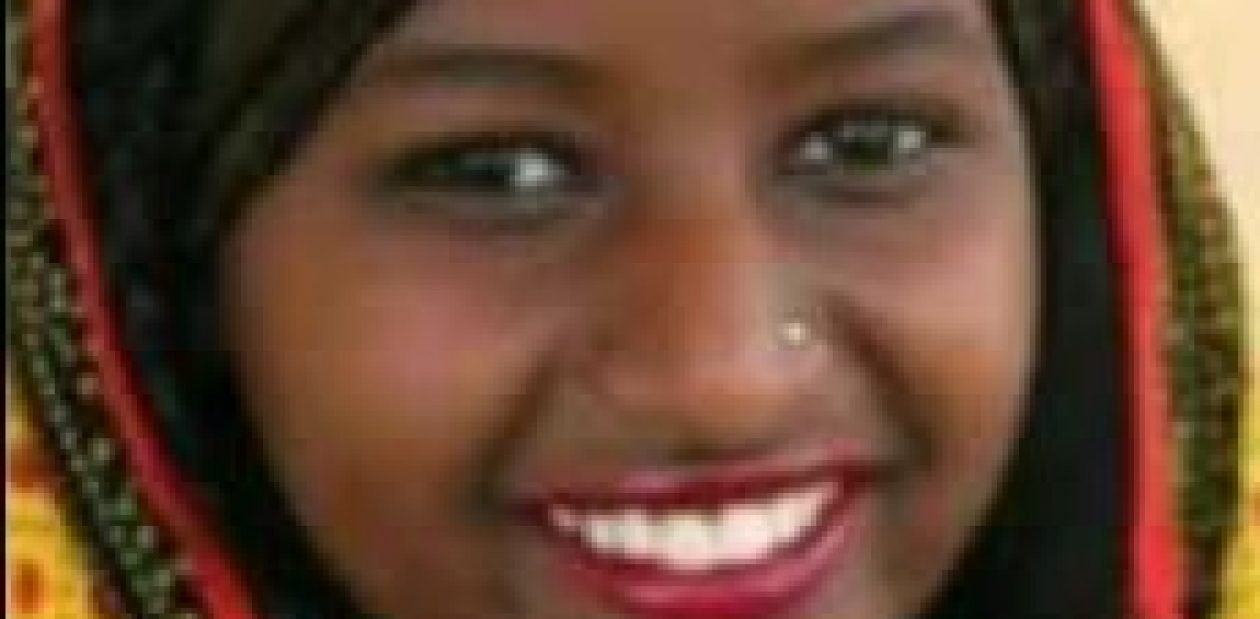Thousands of peoplep are living in makeshift camps in Calais hoping that one day they will make it to the UK. Many once had good jobs – but fleeing from war and persecution most now have no money, and little dignity, in a town that is fed up with them.
The recent collapse of state authority in Libya has turned that country into a massive human trafficking staging post for people desperate to escape the extreme violence in Iraq, Syria, Afghanistan and Sudan and to flee lives of long military service and repression in Eritrea.
In the late 1990s, a Red Cross camp for about 900 refugees was opened at the nearby village of Sangatte, on a site that once housed the enormous drilling machines used to dig the channel tunnel.
But it was closed three years later after the migrant population soared to more than 2,000. It had become both a magnet for new arrivals and a criminalised trafficking centre for onward movement to the UK.
Wary of building any new facilities that might be seen to “encourage” more migrants, the British and French authorities have adopted what charities describe as a policy of “deliberate neglect”.
Currently neither state provides shelter, accommodation, food or medical care – apparently in the vain hope that word of the deprivation and primitive conditions will somehow filter back to the world’s war zones and refugees will decide to go somewhere else instead.
If that is the plan, it’s not working, and it has fallen to local humanitarian charities to offer a modicum of welfare and assistance.

Every day at 18:00 local time, hundreds of migrants gather in long, snaking queues in a car park in central Calais for a free meal.
It’s a bizarre, almost Biblical scene, with legions of ragged men – and they are nearly all young men – shuffling quietly forwards across the dusty ground to receive what for many of them will be the only thing they eat all day.
And when they sit down on the ground to eat, the place becomes a Babel of the world’s tongues – Tajik, Pashto, Arabic, Dari, Tigrigna

